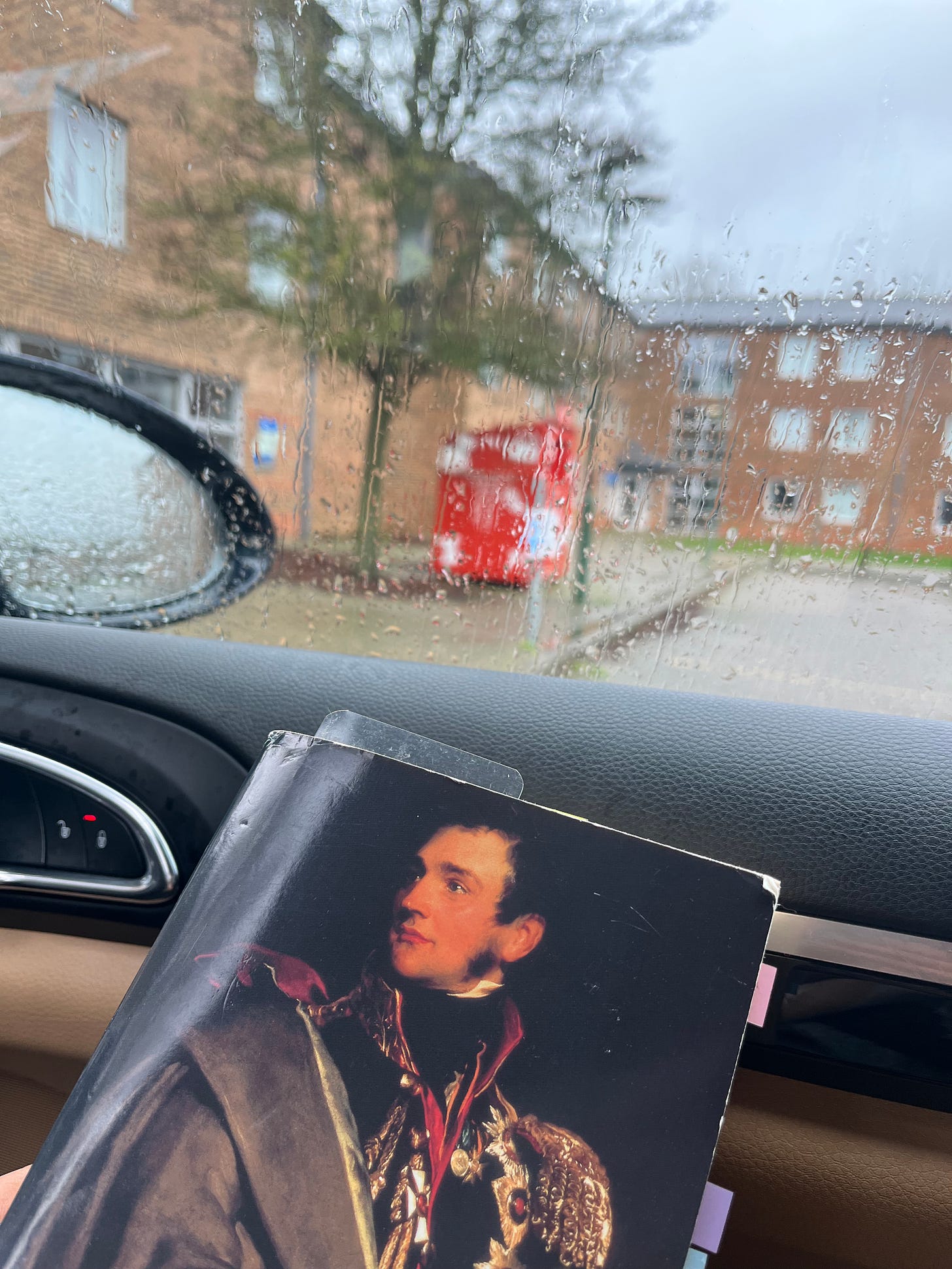I’ve always found writing a personal journal difficult. Certainly no ‘partie de plasir’. As I sit to write, the intense scrutiny on the shape of my hours makes the walls close in on me. The nothing moments and days mount up and surround me asking when I last performed that life saving surgery, wrote a book, painted a masterpiece or patented my formula. I inevitably stutter, grasping for worth in actions which at that very moment disappear . The trickle of words finally closes out and white space rules.
The idea of threading my life around a book came to me while thinking of joining the read along of War Peace with
. A few resonating words while reading something have often triggered a flight of inspiration, an inwardness which bridges the chasm of my inner life and the pen. The channel once opened thrives. Slow reading in itself encourages reflection; you can luxuriate in the prose , indulge yourself with time. Reading becomes meditation. And in those languid in-between moments when you can finally exhale you become truly engaged with yourself, the work and the world.I read chapter 2 while waiting to pick up my son from a running group today morning. While it poured something miserable outside I immersed myself in a place many worlds away. Tolstoy thralls us with elaborate character descriptions in Anna Pavlovna’s soirée and as a slow reader you can literally trace the shapes of peoples faces , hear the tinkle of conversation and even negotiate the changing expressions of Anna’s face just because you were lingering at the pauses.
But in spite of this welcome of the lowest grade a look of anxiety and dismay, as at the sight of something too huge and out of place, came over her face when she saw Pierre enter.
War and Peace Book1 part 1 ch2
Pierre is just a misshapen piece of the puzzle which she cannot manoeuvre into the gap. The vividness and preciseness of these descriptions rings a lot like truth. We know these people. The modern resonance of this work has pleasantly surprised me. We may no longer have aristocrats but we know these personalities, these quirks, these fresh faced faux pas moments.
We find ourself in literature, that is why we gravitate towards certain works and characters.
For Pierre, who had been educated abroad, this party at Anna Pavlovnas’s was the first he had attended in Russia. He knew that all the intellectual lights of St Petersburg were assembled there, and like a child in a toy-shop he did not know which way to look first, so fearful was he of missing any clever discussion that was to be heard.
Pierre reminds me of myself. And I’m increasingly becoming aware of neurodiversity as a reason for being on some other frequency and stepping into socially awkward pot holes habitually. Always too intense, too passionate, too something else but appropriate; the equilibrium that’s prescribed as ‘normal’ is just not accessible to me. It was really moving that in the chat of the reading group those of us who pointed out the neuro diversity aspect of the chapter turned out to be on the spectrum. We were meant to meet.
What really shone in this chapter was the section on Princess Bolkonsky.
Swaying slightly, the little princess tripped round the table, her work-bag on her arm, and gaily arranging the folds of her gowns seated herself on a sofa near the silver somovar, as if all that she was doing was a partie de plasir for herself and everyone around her.
You suddenly feel yourself transported to a Jane Austen novel such is the deftness and delicacy of touch here. Princess B arranging herself feels a lot like she’s creating a narrative for herself. Yes Tolstoy’s party scenes are a lot about social posturing but he seems to do so without any kind of heavy handed moralising or criticism. For women in Russian society and even aristocratic worlds finding their roles, creating stories and ‘work’ for themselves would be important. The Princess has to orchestrate how people see her, how it’s all a ‘partie de plasir’. This also makes me consider Tolstoy’s view of personality. Is it a static vehicle or one where we role play to convince ourselves and others of what we really are?





Love this. I think you can very easily journal about War and Peace from day to day to think about life more generally.
Was meaning to come back to this sooner. Please keep this going.